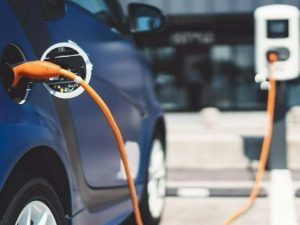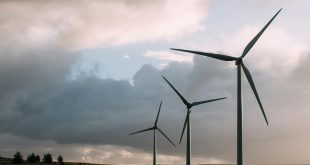Shift to electric mobility aims to clean Punjab’s air, cut oil import bill, and drive auto sector reform

ISLAMABAD, June 27 — Pakistan plans to have 2.2 million electric vehicles (EVs) on its roads by 2030 in a bid to combat hazardous urban smog, reduce its annual petroleum import bill by over $1 billion, and ease the growing pressure on public health systems, according to sources in the Ministry of Industries and Production.
The initiative falls under the National Electric Vehicle (NEV) Policy 2025–2030, which outlines a strategic transition toward clean transportation. Ministry officials say the electrification of vehicles is central to the government’s response to worsening environmental and economic challenges.
In Punjab, particularly in cities like Lahore, persistent smog has become a recurring winter crisis. The province has been facing alarming air quality levels, with particulate matter (PM2.5) frequently crossing the hazardous threshold, linked largely to emissions from petrol and diesel vehicles. The move to EVs is expected to significantly reduce vehicular emissions, a major contributor to urban air pollution.
At the same time, Pakistan’s heavy reliance on imported petroleum continues to burden its foreign exchange reserves. With transport consuming more than a third of the country’s total energy, switching to electric mobility is projected to cut the fuel import bill by at least $1 billion annually, easing fiscal stress and supporting energy security.
To support this transition, the upcoming Auto Policy 2026 is expected to introduce a more liberal import regime for used and electric vehicles. According to ministry sources, the policy is being crafted to encourage competition in the domestic auto market by increasing access to foreign brands, reducing market entry barriers, and offering consumers more options.
The ministry has held consultations with a range of stakeholders, including industry players, policy experts, and civil society organisations. Discussions have focused on removing bottlenecks in the import process, reviewing additional customs duties, and ensuring mandatory certification and registration to maintain the quality of used vehicle imports.
Officials believe that increased competition and the rising share of EVs will push local manufacturers to enhance quality and consider expanding into exports. Beyond economic benefits, the shift is expected to provide long-term health and environmental gains by reducing air pollution in densely populated regions.
 Radio News Network Radio News Network
Radio News Network Radio News Network
